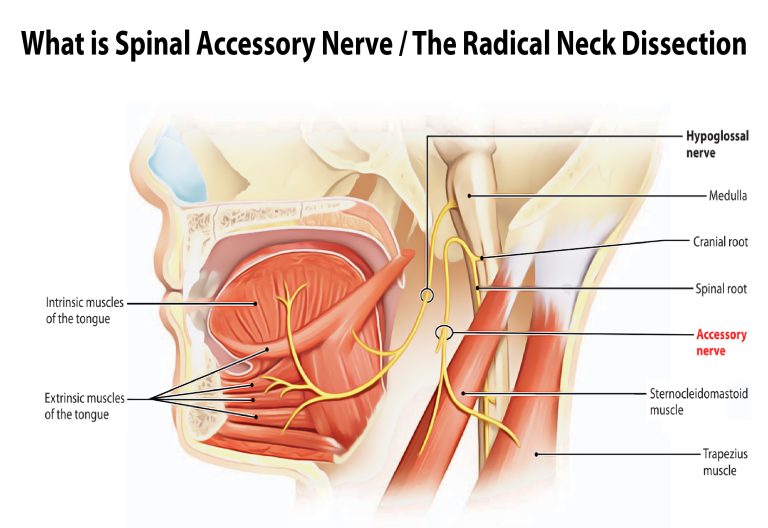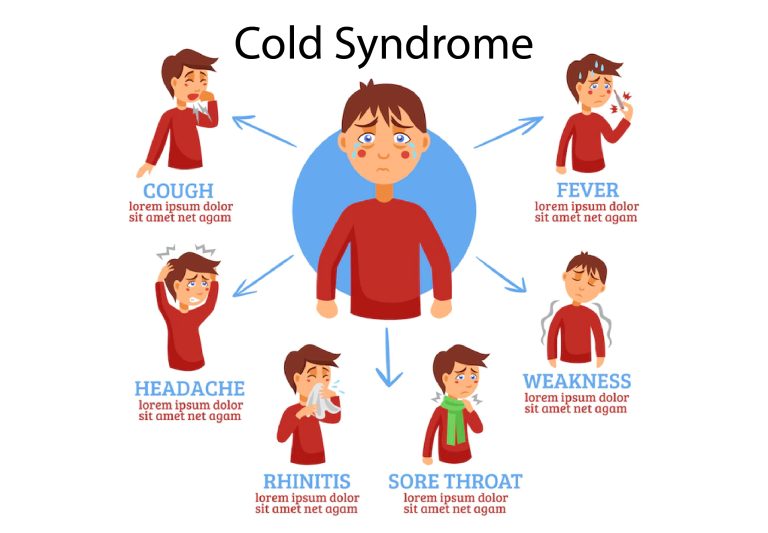Neurodiverse Therapy: Its Impact on Autism and Other Disorders

Neurodiverse therapy stands as a progressive and inclusive method acknowledging and celebrating neurological diversity among individuals, particularly those with conditions like autism spectrum disorder and other neurodevelopmental disorders. Instead of framing neurodivergent individuals as disordered, this approach recognizes the uniqueness of their neurological profiles and promotes understanding and support.
Embracing Neurodiversity
Neurodiversity emphasizes the natural variation in neurological development, challenging the traditional medical model that pathologizes conditions such as autism and ADHD. Neurodiverse therapy adopts this perspective, treating neurodivergent individuals not as impaired but as possessing unique strengths, abilities, and perspectives. Those interested in how it can help should start with understanding nuerodiversity affirming therapy and what it can do for them or their loved one.
Person-Centered Emphasis
A hallmark of neurodiverse therapy is its person-centered approach, which prioritizes the individual’s experiences, preferences, and communication styles. Therapists create a flexible and accommodating environment tailored to the specific needs of the neurodivergent individual. This helps to promote a sense of agency and empowerment. It also provides a more comfortable environment for the individual, allowing them to relax while they work with the therapist.
Communication Strategies
Given the common communication challenges among neurodivergent individuals, neurodiverse therapy explores and implements diverse communication strategies aligned with the individual’s unique style. This may involve visual supports, AAC devices, and adaptations to traditional therapeutic communication methods. A variety of communication strategies can be used to make sure the individual is able to communicate confidently.
Sensory-Friendly Approaches
Recognizing sensory sensitivities, neurodiverse therapy incorporates sensory-friendly approaches like creating calm environments and using sensory tools. These adaptations cater to an individual’s sensory profile, contributing to a more comfortable and supportive therapeutic setting.
Strengths-Based Interventions
Focusing on strengths, neurodiverse therapy identifies and harnesses the unique abilities and interests of neurodivergent individuals. By building on existing strengths, therapy becomes a collaborative effort promoting self-determination and positive self-development.
Social Skills Development
Social skills development in neurodiverse therapy involves utilizing strategies such as social stories and role-playing while respecting the individual’s neurodiversity. The goal is to equip individuals with tools for successful social interactions while considering their unique preferences.
Embracing Neurodivergent Identities
Neurodiverse therapy encourages individuals to embrace their neurodivergent identities, fostering a positive self-concept and promoting self-advocacy. Therapists collaborate with individuals to celebrate their neurodivergent identities, challenging societal norms that may stigmatize neurodivergent experiences.
Family and Community Involvement
Neurodiverse therapy extends its impact by involving families and communities. It can help by providing education about neurodiversity and offers tools to support neurodivergent individuals. Community involvement may include workshops and events promoting neurodiversity awareness.
Tailored Educational Support
In educational settings, neurodiverse therapy provides tailored support through collaborations with educators, implementation of accommodations, and advocacy for neurodiversity acceptance within school communities.
Advocacy for Inclusive Policies
Neurodiverse therapy engages in advocacy for inclusive policies, promoting workplace accommodations, inclusive recreational activities, and broader societal acceptance of neurodiversity.
Neurodiverse therapy marks a transformative shift in how we approach and support individuals with neurodevelopmental disorders. By embracing neurodiversity, this therapeutic approach not only acknowledges the value of diverse neurological profiles but also empowers individuals to navigate the world authentically.
As neurodiverse therapy evolves, it contributes to creating an inclusive and accepting society that values the unique contributions of neurodivergent individuals. Through person-centered practices, strengths-based interventions, and advocacy, neurodiverse therapy champions a future where neurodiversity is celebrated and individuals are supported in realizing their full potential.
For More Information Visit: Mind My Feed






